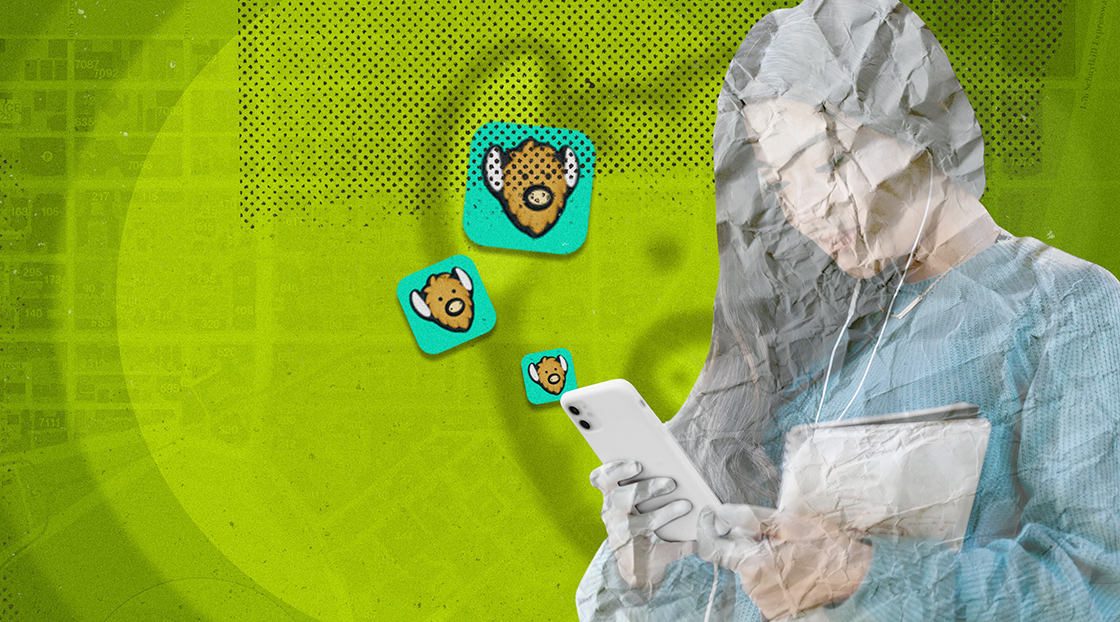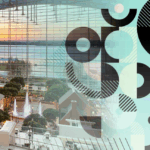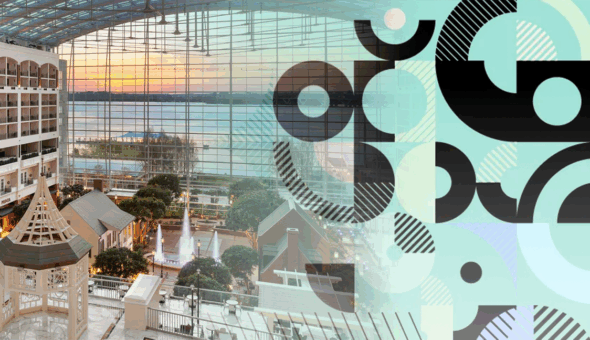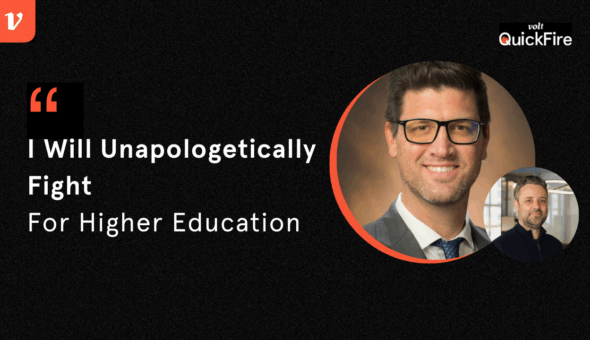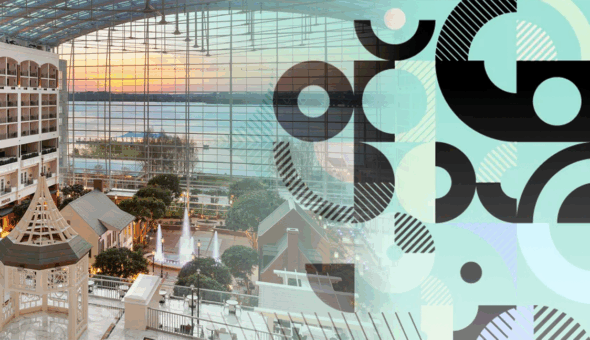As higher ed social media managers prepare for the start of another school year, there’s a lot to consider. COVID safety messaging and other possible crisis communications have been added on top of the already full schedule of move-in day, first day of classes, welcome week, and all the other communications that go along with the start of a new school year. So when Yik Yak announced last month that they were relaunching after a four-year hiatus, higher-ed social media managers were understandably upset.
In case you missed it the first time, Yik Yak is an anonymous social network that shows users posts from people in a five-mile radius from their current location. Users can share their thoughts, comment on other posts, and up- or downvote posts from other users.
Posts that receive a large amount of upvotes are boosted to the top of the “hot” feed, while posts that reach -5 downvotes are deleted, providing a self-policing effect that in theory reduces harassment and abuse on the platform. However, during the app’s first run more than half a decade ago, the platform was ripe with abuse, hate speech, and threats of violence.
Think of it as the digital equivalent of bathroom wall graffiti.
Yik Yak shut down in 2017 after a drop in user engagement and growing criticism of the app for not doing enough to prevent cyber bullying and threats of violence on the platform – but now the Yak is back.
Like it or not, the conversations on Yik Yak are happening with or without the app. At least with Yik Yak, they are happening in a place university officials can be aware of and respond to as needed.
Here’s what you need to know about Yik Yak’s return:
- The app now includes added safety measures. Users must verify their phone numbers, which allows the app to identify any user that makes threats of violence. In the past, Yik Yak has been very helpful working with college campuses and police departments in handing over the IP addresses of users making violent threats. Hopefully, this cooperation will continue in the latest version of the app.
- They’ve also added a “cuss-buster” profanity filter for anyone looking for a more PG experience. It also contains community guardrails and a list of safety and mental health resources for users, though this feels more like a legal band-aid than anything truly helpful.
- It’s still questionable if the app will attract new users. Currently, most posts on the app seem to be coming from recent college graduates who are nostalgic for the app they used in their university days. There’s a good chance that Gen Z won’t be drawn to the app.
Here’s my take on how colleges and universities should approach Yik Yak:
- Steer Clear: Due to the anonymous nature of the app, universities should steer clear of trying to have a presence on Yik Yak. It’s unlikely students would actually believe messaging was coming from the university on Yik Yak anyway. Instead, higher-ed social media managers need to monitor conversations on Yik Yak to keep an eye out for potential issues and misinformation. That said, as Yik Yak often contains offensive content that may be triggering, it might be best to have a conversation with campus police and hand over daily monitoring duties to them.
- Embrace the Positive: Yik Yak isn’t all bad! The anonymous nature of Yik Yak can give university administrators and marketers valuable insights into what students really think about the university, events, and services. Additionally, during a crisis, Yik Yak can provide a window into students’ concerns and provide real-time insights into the crisis. Like it or not, the conversations on Yik Yak are happening with or without the app. At least with Yik Yak, they are happening in a place university officials can be aware of and respond to as needed.
Will Yik Yak return to its former status on college campuses or will it fizzle out? Only time will tell, but it’s important to note that the location-based nature of Yik Yak will lead to vastly different experiences from campus to campus. Some universities will have a very active group of students on Yik Yak, while others will see less use. The types of posts and issues universities encounter will vary as well. The important thing is for university social media managers and administrators to be aware of Yik Yak and the potential problems it may cause, and to have a plan for routinely monitoring the app – yet another item on the list of already overworked higher-ed social media managers.
